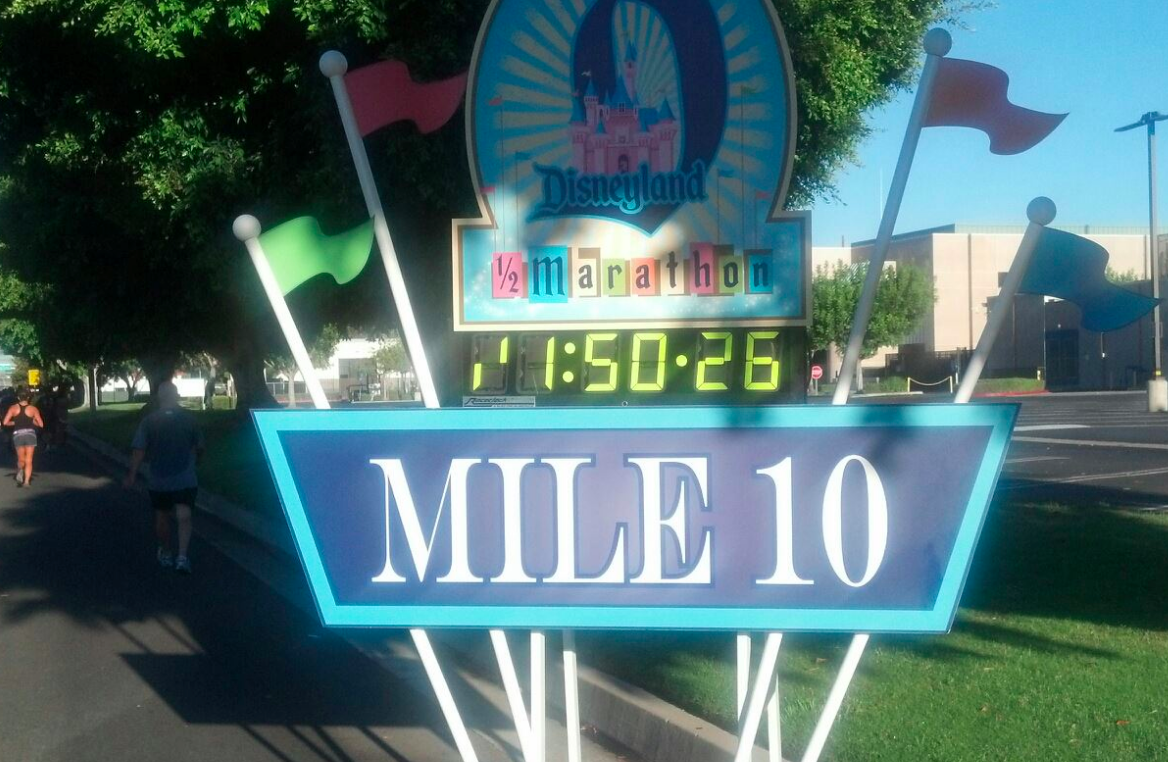DopeyBadger
Imagathoner
- Joined
- Oct 15, 2015
- Messages
- 10,376
You should get a medal for just reading through my entire rambling.So I've finally read your entire blog, I wanted to make sure I wasn't asking to many questions that you've answered beforeI don't recall reading about any recovery routines for your off days. What do you typically do on your rest days? Do you foam roll at all(I've heard mixed things)? Do you employee any fasting (I read that it can improve recovery if done right)? Also, is it still worth reading the Hanson's marathon book or have you covered the majority of the info already? Lastly, since I live in FL and every day is hot and humid, do I lose benefits from easy runs when my heart rate crosses into zone 3?

Anyways, to your questions:
What do you typically do on your rest days?
I don't run on one day a week, Wednesday. However, I do complete a brief Medicine Ball Workout on Wednesdays (detailed here). Other than that, there are no changes to my routine. I continue to eat the same meals, and don't do any extra recovery activities.
Do you foam roll at all?
I have never foam rolled, nor ever researched the practice of doing it. So, unfortunately I can't give you an answer as to whether it's scientifically validated as a method of recovery. However, it does go back to my old adage that if it works for you, then it works. Placebo effect or not.
Do you employee any fasting to improve recovery?
Can't say I've ever heard of it. What's the justification you've seen for this working? Although, for me personally it wouldn't be something I would do as I would prefer to stay on the side of always eating appropriately.
I will say for recovery that it is one of my genetic gifts or advantages over others. The largest percentage of recovery occurs at night when you're sleeping. And more specifically occurs when your are in REM sleep (rapid eye movement sleep). While not always the case, REM sleep is hallmarked by being in a dream state. This deep dream state of sleep elicits enormous recovery benefits for the muscles. For the average person, they enter REM sleep at around 90 minutes and go in and out of it for short durations (about 20% total of sleep). I believe I enter this stage of sleep much quicker, and that it tends to last longer. I don't have scientific evidence to back my claim for me personally, but I do believe it is an advantage for me. I tend to get 8-9 hours of sleep a night.
Should I read the Hansons marathon book?
Yes, it is still a great asset to read. I have covered many of the topics but not everything as extensively as the book does. Also read runnersconnect.net, they're a blog started by people who used to be within the Hansons inner circle but have diverted slightly on their methodology. The typically have a great blog with many great sources of research.
Do I lose benefits from easy runs when my heart rate crosses into zone 3?
I'm not 100% sold on heart rate being the end all be all, but with that being said, I would say the benefits of the easy run are probably not as good when in zone 3 vs zone 2. The heart rate is a good marker in that it indicates how hard you're working. It can be influenced my factors such as fatigue or environment. The current basis of your paces in your custom plan was designed based on a 5K PR you ran in April. The weather was likely cooler then, so the paces from then may not be appropriate for now. However, I'd counter balance this with you've probably made some physical gains since April and thus if you ran a 5K today (in similar weather conditions to April) you'd probably beat the PR. Thus, I'm comfortable meeting in the middle for now until your first 10K fitness test in a few weeks. At that time we could adjust the paces up or down if necessary. What's key is the effort. You're still learning what it feels like to run truly easy. Over time you'll build a mental data bank of time = effort = environment and eventually it will start to click what all types of paces should feel like. Before you can do that you just need to continue to memorize what EA, or EB, or Tempo, or Speed "feel" like. The EA you did on 9/19 is very representative HR of what I would expect based on what we presume to be your RHR and Max HR. So I venture to guess that the HR on 9/20 was partially fatigue based and heat/humidity based. It's too early to tell whether the paces I gave you are appropriate yet.
Last edited:




 rotein) ratio of 16 oz of chocolate milk makes me feel better post-workout. But this is also providing a stimulus to the muscles. It can improve long term glycogen storage and aids in repairing the damages muscles.
rotein) ratio of 16 oz of chocolate milk makes me feel better post-workout. But this is also providing a stimulus to the muscles. It can improve long term glycogen storage and aids in repairing the damages muscles.



